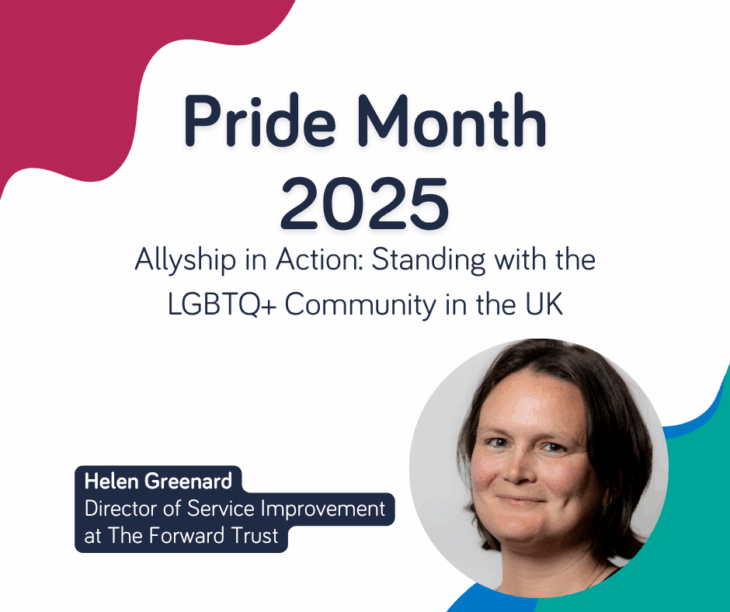Allyship in Action: Standing with the LGBTQ+ Community in the UK

The UK context: why allyship matters now
Despite progress, LGBTQ+ people in the UK still face significant challenges:
- Nearly 40% of LGBTQ+ people are not out at work due to fear of discrimination.
- Over a quarter (26%) have experienced negative comments from customers or clients because of their identity.
- Only 1 in 8 LGBTQ+ people report incidents of abuse to the police, despite 64% having experienced anti-LGBTQ+ violence or abuse.
- 2 in 5 LGBTQ+ people experienced verbal harassment or physical violence in the past year because of their identity.
- 24% of LGBTQ+ people accessed mental health services in the past year, reflecting the mental health toll of discrimination and exclusion.
These statistics are a stark reminder that allyship isn’t optional; it’s essential.
How I show up for Proud
As someone outside the LGBTQ+ community, I see my role in Proud, our LGBTQ+ Employee Resource Group (ERG), as a partner and advocate. Although I’m still learning how best I can do this some of the ways I can contribute is by:
- Sharing my experience and knowledge to help Proud run more effectively, whether that’s through strategic planning, advising on how to measure its impact or simply acting as a sounding board for all the fantastic ideas the group has.
- Championing Proud’s initiatives across the business, helping to amplify their impact and visibility.
- Encouraging others to engage with the ERG, especially those who may not yet see themselves as allies.
Using privilege with purpose
I recognise that I hold certain privileges – whether it’s being cisgender, heterosexual, or in a leadership role – and I believe it’s my responsibility to use that privilege to advocate for others.
When people with privilege use their voice, it can shift the culture. It signals to others that inclusion isn’t just the responsibility of those affected- it’s everyone’s responsibility.
- It reduces the burden on LGBTQ+ individuals to constantly advocate for themselves.
- It models inclusive leadership, encouraging others to reflect on their own role in creating equity.
- It helps dismantle systemic barriers, not just interpersonal ones.
A call to action
If you have privilege, use it. Not to speak over others, but to amplify, protect, and support. Allyship isn’t about being the hero. It’s about being the person who shows up, listens, and acts – especially when it counts.
Being an ally has challenged me in meaningful ways:
- It’s made me confront my own assumptions and biases, and actively seek out knowledge, rather than waiting for others to educate me.
- It’s taught me to listen more than I speak, especially in spaces where I’m not the expert.
- It’s pushed me to be braver, whether that’s calling out inappropriate comments or advocating for change behind the scenes.
Allyship has shown me that not knowing isn’t a failure. It’s an invitation to learn, to listen, and to do better.
Allyship is not a title – it’s a commitment. It’s about consistently showing up, speaking out, and standing in solidarity with the LGBTQ+ community- especially when it’s uncomfortable or inconvenient. In a time when rights, dignity, and safety are still not guaranteed for all, our collective voice and action matter more than ever.
Let’s continue to show up. Let’s continue to listen, learn, and grow. Let’s continue to build a workplace, and a world, where everyone is free to live and thrive as their authentic selves.